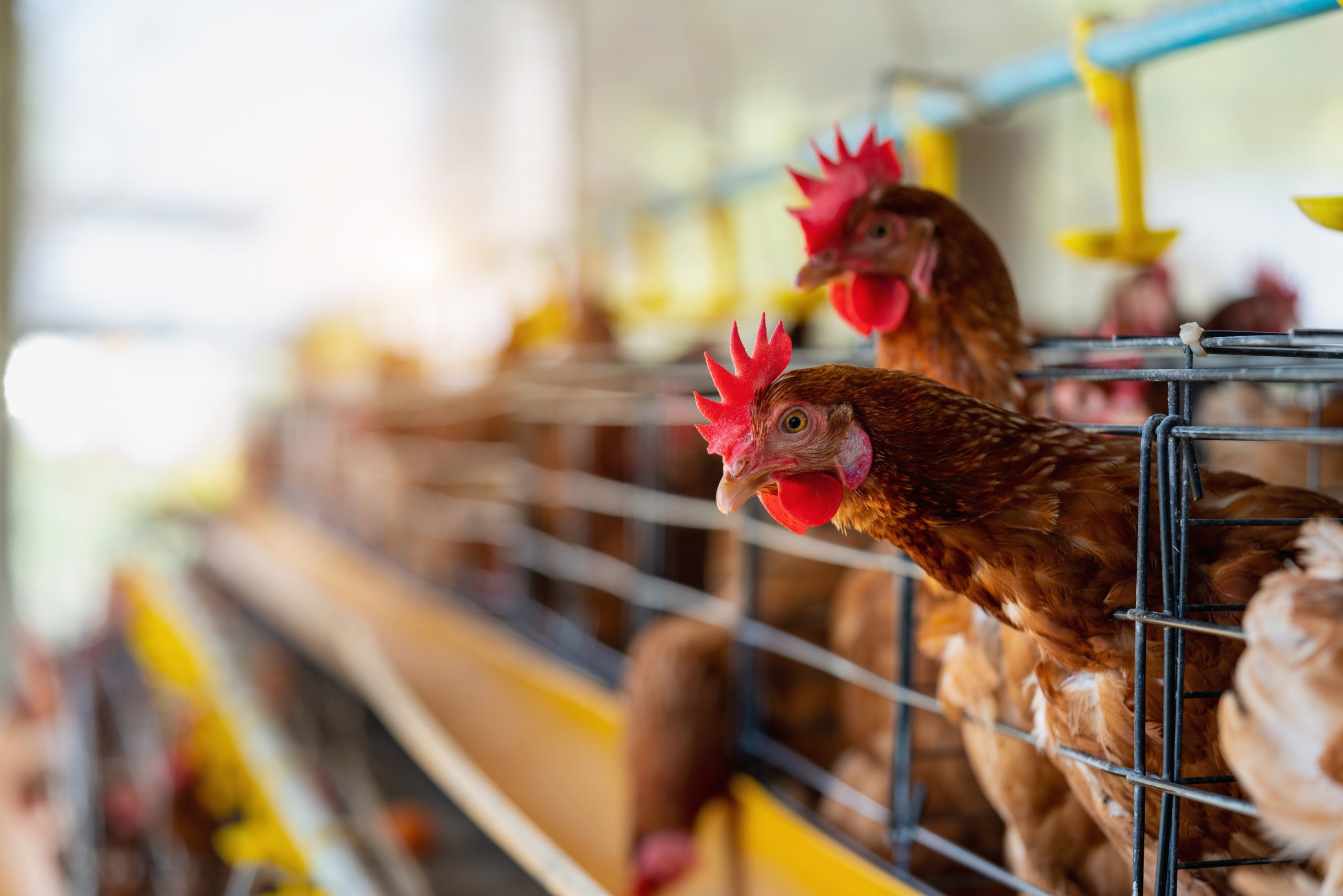

The UK announced that regular tests on poultry workers who had contact with contaminated birds revealed H5 avian flu in two asymptomatic persons.
The UK’s Health Security Agency (HSA) said in a statement that the two employees whose swabs were positive had recently worked at a farm in England where there was an epidemic. Both folks have since tested negative for H5 Avian Flu.
One Incidence is Most Likely Due to Environmental Contamination
The timing and exposure indicate that one of the workers most certainly got nasal and throat contamination from inhaled material, while it’s unclear whether the second positive result was due to contamination or a real infection. The HSA stated that more investigation is underway, and that health officials are tracing that patient’s relationships as a precaution.
Many countries routinely monitor poultry workers who are exposed to avian flu outbreaks. H5N1 infections are uncommon, but have been observed in persons who have had substantial contact with sick birds. Positive tests from contamination, rather than infection, are known to occur.
A similar Scenario Occurred in Spain and the United States
In February, for example, Spanish researchers described asymptomatic infections in two poultry employees who were involved in an outbreak response at a chicken farm. Though their first nasopharyngeal swabs were positive, follow-up testing revealed low viral loads, no symptoms, and negative serology, indicating that the test results were related to environmental contamination rather than clinical disease. In 2022, the United States reported a similar occurrence in a person who assisted in the response to a chicken farm epidemic in Colorado.
According to the HSA, poultry workers are required to collect swabs of their nose and throat within 10 days of being exposed to avian influenza. In some cases, people are requested to produce a blood sample to test if health workers can discover antibodies to the virus.
Monitoring Ongoing Threats
Susan Hopkins, MB BCh, the HSA’s chief medical officer, said current evidence suggests avian flu viruses currently infecting poultry don’t spread easily to people. “However, we know already that the virus can spread to people following close contact with infected birds and this is why, through screening programmes like this one, we are monitoring people who have been exposed to learn more about this risk,” she said.
“We know already that the virus can spread to people following close contact with infected birds.” She added that there’s no evidence that the strain can spread among people, “but we know that viruses evolve all the time and we remain vigilant for any evidence of changing risk to the population.”
more recommended stories
 Machine Learning Predicts Early Mortality in IBD Patients
Machine Learning Predicts Early Mortality in IBD PatientsA groundbreaking study published in the.
 BRP Peptide for Weight Loss: A Natural Alternative to Ozempic?
BRP Peptide for Weight Loss: A Natural Alternative to Ozempic?The rising obesity epidemic has fueled.
 Father’s Diet & BMI Don’t Affect Newborn’s Birth Weight
Father’s Diet & BMI Don’t Affect Newborn’s Birth WeightA recent study published in Nutrients.
 How Fast Are Your Organs Aging? Simple Blood Test May Tell
How Fast Are Your Organs Aging? Simple Blood Test May TellNew research from University College London.
 Continuous Glucose Monitors May Mislead Healthy Users
Continuous Glucose Monitors May Mislead Healthy UsersCGMs and Their Expanding Use Originally.
 Can Your Genetics Influence Your Income and Health?
Can Your Genetics Influence Your Income and Health?A New Perspective on Health and.
 Air Pollution Hurts Brain Health in Just 4 Hours
Air Pollution Hurts Brain Health in Just 4 HoursAir Pollution Blurs the Mind, Impairs.
 AI Uncovers Hidden Pregnancy Risks for Stillbirth
AI Uncovers Hidden Pregnancy Risks for StillbirthA groundbreaking AI-driven study has identified.
 Groundbreaking Study on Neurons & Natural Behaviors
Groundbreaking Study on Neurons & Natural BehaviorsEight years of work. A collaboration.
 Inogen’s SIMEOX 200 Gets FDA Clearance for Airway Care
Inogen’s SIMEOX 200 Gets FDA Clearance for Airway CareInogen, Inc., a medical technology company.

Leave a Comment